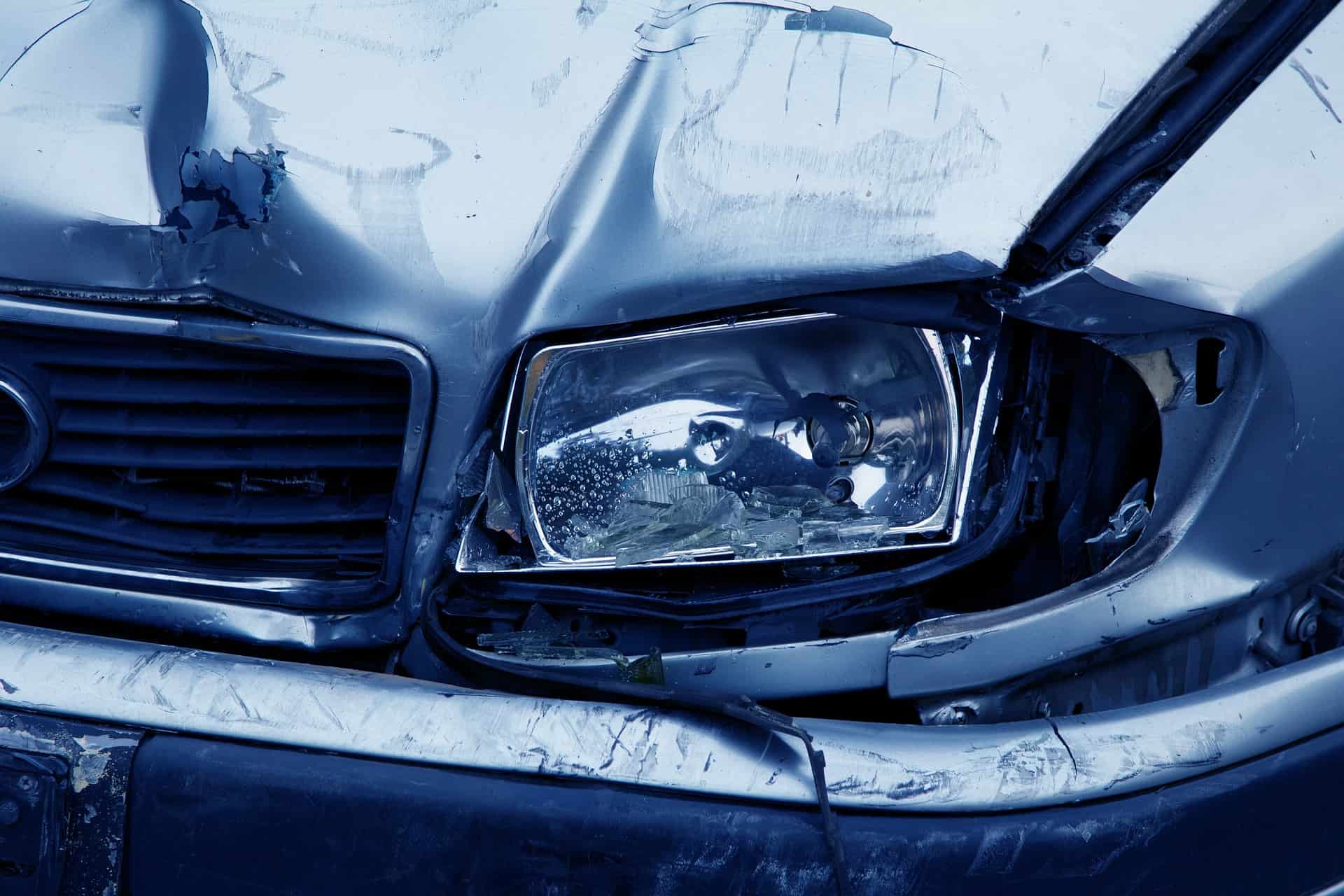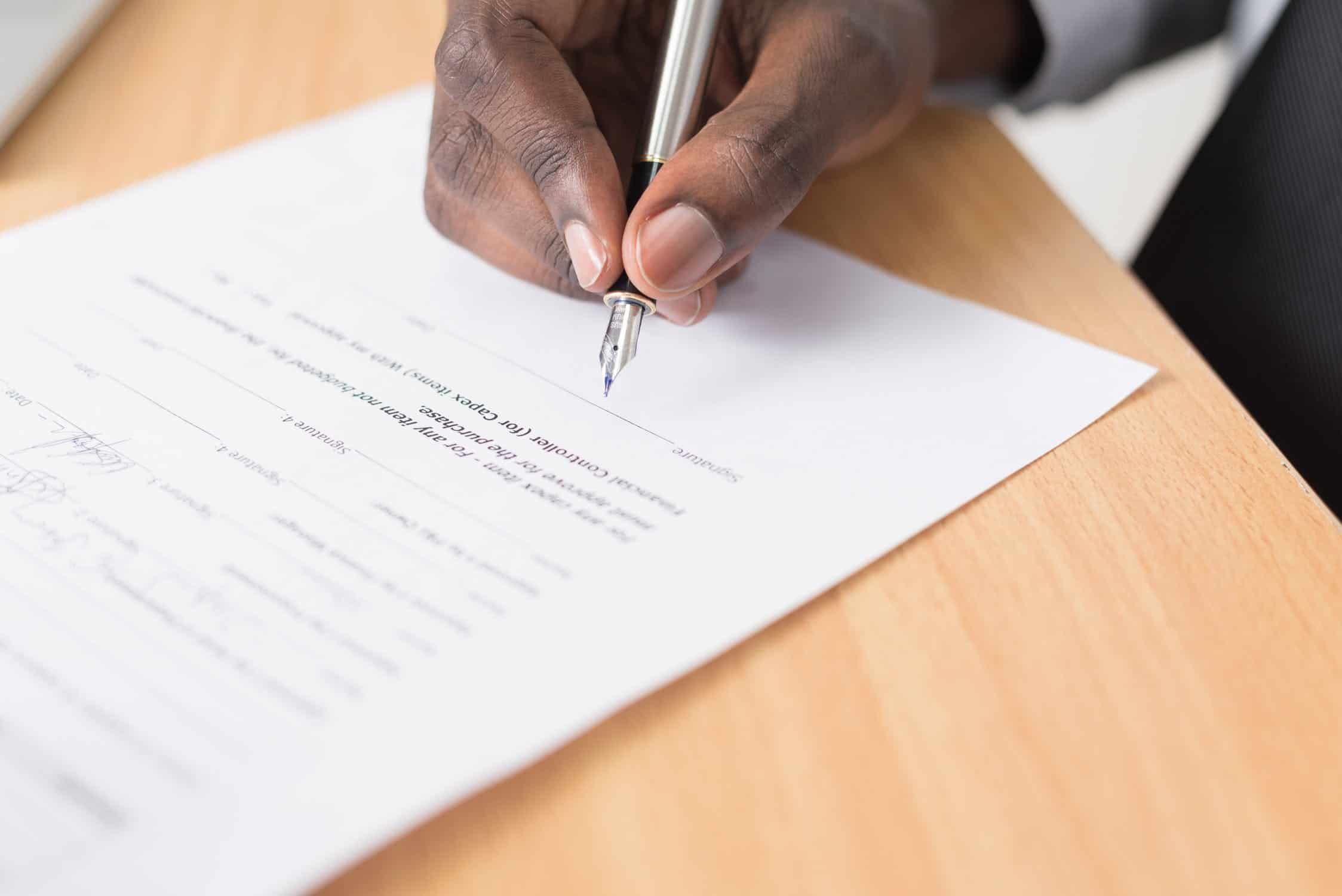Getting into a car accident can be traumatic, and that trauma can be exacerbated by accusations from other drivers involved in the wreck. Finding out that someone is accusing you of negligence can drudge up feelings of defensiveness, confusion and anxiety about the future. Thankfully, there are options for those wrongfully accused of causing a collision. If you’re facing such accusations and are curious about your options for filing a counterclaim, keep reading.

- How Much Is Your Car Accident Settlement Worth?
Find out the maximum compensation you could receive.
- How Much Is My Car Accident Settlement Worth?
Cause for Counterclaim
Counterclaims can be filed when no one person can be blamed for an accident. In such cases, police will write down exactly what happened and arrest neither driver involved. Different from no fault law that’s common in many states, these counterclaims rely on the facts found during the investigation of the wreck to determine fault.
Counterclaims can also be filed when an investigation has not been completed, but the other driver has decided to sue you for damages. In such cases, they may be trying to get monetary compensation before police officially list them as the at-fault driver.
You may also wish to file a counterclaim if you’ve sustained damages or injuries in an auto accident caused by another driver, but their insurance company refuses to pay for repairs or medical bills. Some at-fault drivers will file a lawsuit against the other driver involved, knowing that they are liable but hoping to beat the other motorist to the punch. Don’t let this strategy intimidate you. File a counterclaim and insist that you were not at fault. In such cases, the courts will review all of the details surrounding the wreck and determine who is indeed at fault.
The Counterclaim Process
Most counterclaims are filed when driver A believes driver B is at fault, but driver B disagrees and files a counterclaim. In such circumstances, driver B’s insurance company will handle the counterclaim. Generally speaking, it is the insurance company and not the driver who decides on whether or not to file.
The lawsuit begins when the defendant is served with a Complaint and Summons. In the following weeks, the defendant will need to decide whether or not to file a counterclaim. If they wish to do so, they must file an Answer to the Plaintiff’s Complaint and then file the counterclaim. The pretrial investigation process, or discovery, comes next. Both parties will investigate the other’s role in the wreck and try to prove that the other driver was at fault.
There is often a period of mediation after discovery. If settlement negotiations fail, however, the case will go to trial. Each side will be given the opportunity to present their case before a judge and jury. In most car accident trials, the jury decides whether or not the defendant was negligent and how much to award the plaintiff. In cases involving a counterclaim, they must determine if either party was negligent and what their damages total.
Comparative negligence may come into play in your trial. Many states do not allow people to recover damages for accidents for which they were more than 50 percent responsible. Your damages award may also be reduced in relation to how at fault the jury considers you. For example, should a jury award you damages but find you at 40 percent fault, you’ll only receive around 60 percent of the total damages.
How Insurance Companies Factor In
Generally speaking, the insurance company will make many of the decisions surrounding counterclaims. So long as you had car insurance at the time of the wreck, the insurance company will decide whether or not to file a counterclaim against the other motorist involved. If they decide to do so, they’ll provide you with an attorney. If you are being sued because of your role in a car accident and were not covered by insurance at the time of the crash, you’ll need to hire your own attorney as soon as possible.
Legal Guidance After an Accident
Counterclaim policies and procedures vary from state to state. If you’re considering to file a counterclaim or worry you’ll be sued by another motorist, it’s a good idea to seek the legal guidance of a car accident attorney. Many such lawyers offer free initial consultations, giving you the freedom to meet and discuss your options with multiple local experts.
To find out how much you may be able to recover in damages following an accident, check out our Car Accident Calculator tool.

- Speak to a Car Accident Attorney
- Fast, Free & Confidential!
Michael Eisner earned his Juris Doctorate from George Washington University and practiced law in Illinois for 4 years before leaving to focus his energy on writing full time. He writes about the intersection of law and technology, and enjoys creating content that helps regular people understand how these topics can impact the lives of everyday people in ways they don’t realize.



